Art and art making
1/35
There's no tags or description
Looks like no tags are added yet.
Name | Mastery | Learn | Test | Matching | Spaced |
|---|
No study sessions yet.
36 Terms
What is art?
Art is a primarily visual medium that is used to express ideas about our human experience and the world around us.
Four major focus areas of art are:
Function, visual form, content, and aesthetics
Functions of art:
Assists in rituals, Reflects customs, Communicates, Helps us imagine
the divine, Commemorates the dead, Glorifies the state, Protests political
and social, Celebrates war and conquest, Promotes cohesion, Records likenesses, Educates us, Entertains us.
Visual forms of art:
allows the work to be seen or touched, and ideas to be communicated.
Visual form includes:
The formal elements: line, shape, color, texture, mass, volume, and space. Composition: the arrangement of formal elements. Material from which the artwork is made.
Content of art:
ideas associated with each artwork.
Content is communicated through:
Imagery, symbolic meaning, where it is used or displayed, customs, beliefs and values of the culture, writing that explain the work.
Aesthetics of art:
involve the looks and feel of an artwork and the attributes that elevate it above other objects.
What are the basic art styles?
Representational, nautralistic, idealized, expressionist, surreal, nonobjective, abstract.
Representational:
when an artwork contains entities from the world in recognizable form.
Naturalistic:
Imagery depicted as it is seen in nature.
Idealized:
natural imagery that strives to represent perfection
Expressionist:
communicates heightened emotions, often through urgency or spontaneity
Surreal:
bizarre or fantastical sequences, often dreamlike in nature.
Nonobjective:
nonrepresentational, forms that are completely fabricated by the artist.
Abstract:
imagery derived from reality, but distorted.
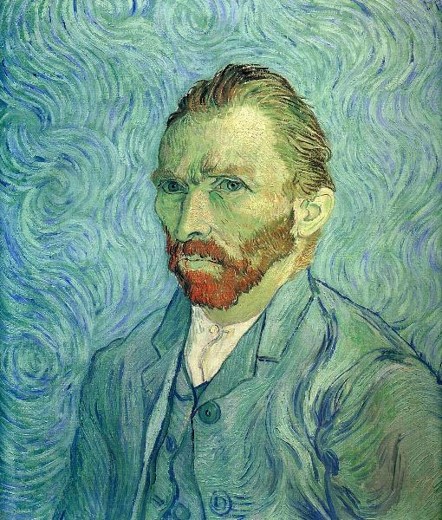
Which art style is being used?
Expressionism
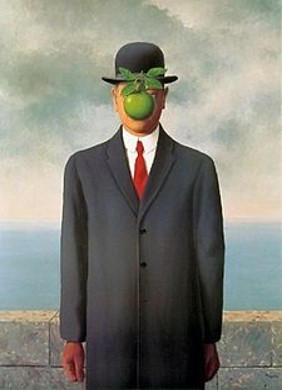
Which art style is being used?
Surrealism
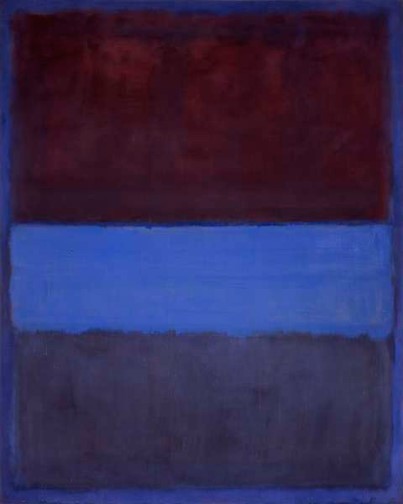
Which art style is being used?
Nonobjective.
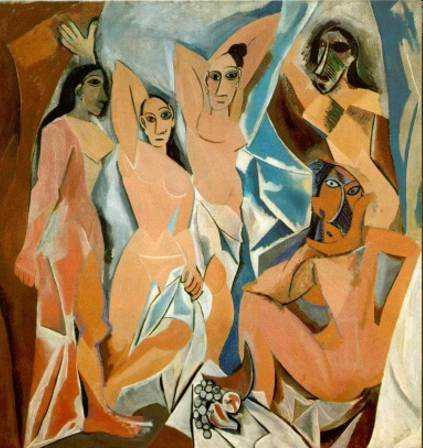
What art style is being used?
Abstraction
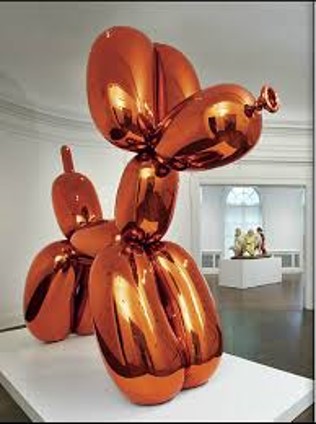
What kind of art description is this?
Representational
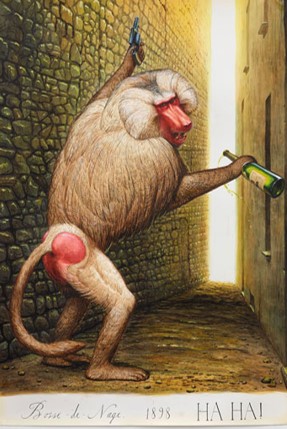
What kind of art description is this?
Naturalistic
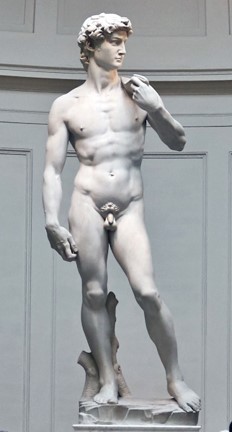
What kind of art description is this?
Idealized
Stylistc Categories:
Of an individual artist, of a historic perios, of an entire civilization.
Cultural style:
Recurring and distinctive features from particular places and times. The differences in the architecture of Grand Mosque at Djenne in Africa and Badshahi Mosque in Pakistan.
What are the four arts within visual culture?
Fine art, popular art/culutre, kitsch, craft.
Fine art:
refined objects that are transcendent of everyday values. Works that are meant to be appreciated for their cultural, intellectual, or aesthetic content.
Popular culture:
is the entirety of ideas, perspectives, attitudes, images, and other phenomena that are within the mainstream of a given culture.
Crafts:
are sometimes distinguished from art and refers to specific media such as cermics, glass, woodworking, weaving, etc.
Kitsch:
art that is considered poor in taste, lacking thought
Many artists start as apprentices. Leonardo da Vinci was trained as
an apprentice to Andrea del Verrocchio.What is in the apprentice system?
Guilds, kitab khana, academies.
Guilds:
organization of artisans and craftsmen developed in medieval Europe
Kitab Khana:
royal atelier which copied and illuminated book. Persian 13th - 17th C.
Academies:
Europe 15th C., college or university
Collaborative:
activity among professionals, the knowledge and skill of each collaborator are essential to the final art work.
Shaman:
The artist who makes spiritual art is sometimes also a holy person.